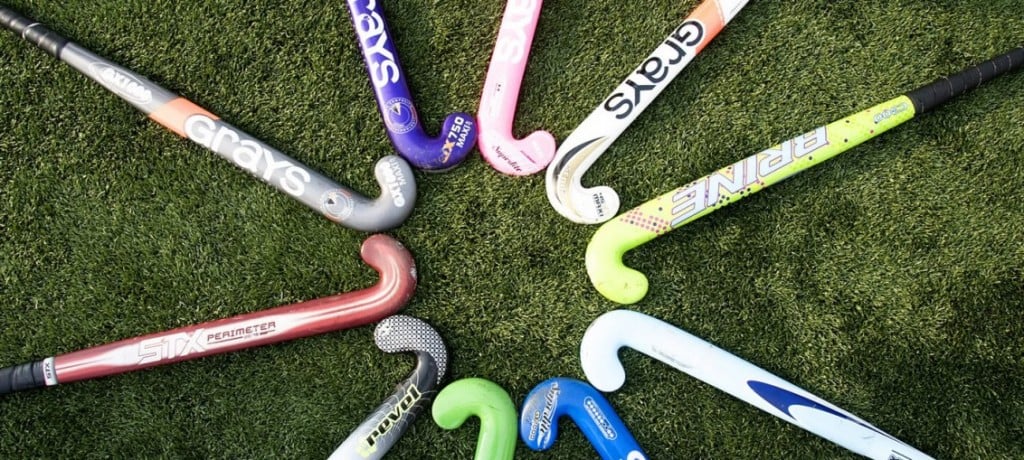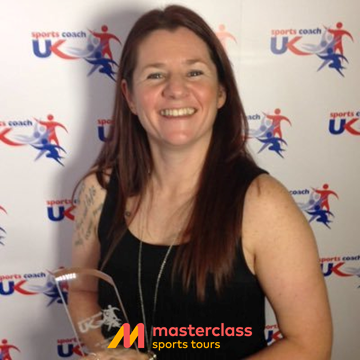Wendy Russel

I call it “disability” as it is described as a physical or mental condition that limits a person’s movements, senses, or activities. Which is also a disadvantage or a handicap. The disabled people I have met, coached and worked with would say that it has not been a disadvantage. In fact, it has given them opportunities that they wouldn’t have had before. Such as playing for England or coaching at an elite level.
Earlier this year the English Federation of Disability Sport conducted a research project to explore young disabled people’s experiences of sport and physical activity, during their transition from education to adulthood. Whilst conducting this research, it became apparent that a barrier stopping disability participation in sport was that coaches may not always be aware of a person's needs or know how to adapt activities to facilitate them taking part.
The disadvantages, limits or handicaps experienced by those with disabilities when trying to access sports and physical activities come from how we as coaches put together our sessions. During the coach's development, across level 1 and 2 courses, there is very little to build their confidence to adapt their sessions for those with disabilities. They cover how to adapt practice for grassroots level through to performance coaching. Is looking at how to modify drills to allow all ‘beginners’ access enough?
If more grassroots coaches had guidance on coaching, those who have visual or learning needs, for example, would this give them the confidence to cater for an athlete or player that comes to one of their sessions?
At a recent hockey tournament, I was discussing with an assistant coach from a local club a child he supports who has Down Syndrome. The coach admitted that rather than have the child integrated in the main group of their peers, they did a large amount of 1-2-1 work. The key reason was that the lead coach of the group didn’t know how to integrate them. An all-too-familiar story. We discussed different strategies on how the coach could facilitate the hockey player joining in with everyone else and still be supported. Small changes, such as coaching the whole group to use simple sign language would be key in both the coach's and the players' development.
UK Coaching do an effective communications course. I urge every coach to do this as this is a great way to learn how to impart your knowledge at all levels, especially to those who have a hearing impairment. However, could this be part of a National Governing Bodies level 2 course? This would help to ensure that every coach is more confident, assured and educated in being able to deliver a session that really does cater for all.
There are over 45,000 deaf children in the UK, 1 in 30 people who have a sight loss* and over 350,000 people with learning disabilities*. With these figures, it is odds on that a coach will come into contact with someone who is considered “disabled”.
Let’s stop the lack of coach education from being the barrier that stops disabled people from taking part in sports.
Figures from Action on hearing, RNIB and The NHS
Effective communication course
Author: Wendy Russel, MasterClass Hockey Coach and Brighton Hockey Club Director of Coaching
